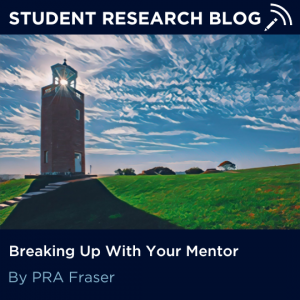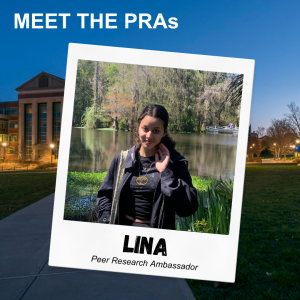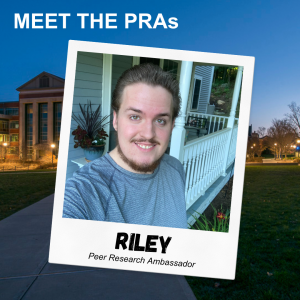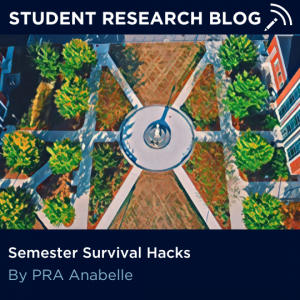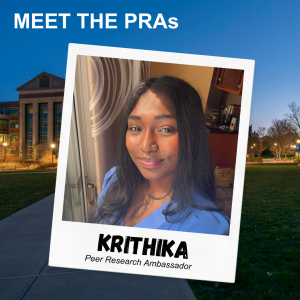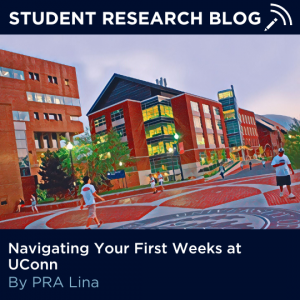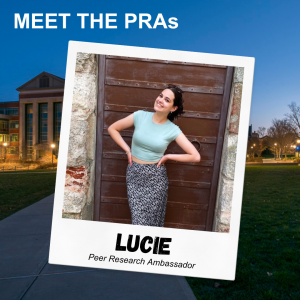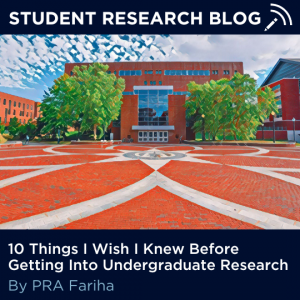By Emma Beard, Peer Research Ambassador
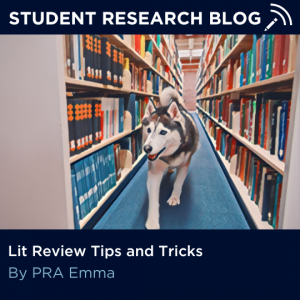 As a STEM major, my biggest misconception about research was that I would spend more time at the lab bench than at my desk. I was surprised to find that for the first week of my time with the Health Research Program, I ran one or two experiments and then spent the rest of my time reading papers. At first, I felt like I wasn’t doing enough work since I wasn’t getting any data, but as I began to design my own experiments and brainstorm project directions, I realized just how important it is to learn from others’ projects. Reading research articles has been a constant throughout my time involved in undergraduate research, and through experience, I’ve discovered a few tricks that I would have loved to know when I was just getting started. While these tips are based on my experience in STEM research, hopefully one or two of these tips can help you as you begin your research journey, no matter the field!
As a STEM major, my biggest misconception about research was that I would spend more time at the lab bench than at my desk. I was surprised to find that for the first week of my time with the Health Research Program, I ran one or two experiments and then spent the rest of my time reading papers. At first, I felt like I wasn’t doing enough work since I wasn’t getting any data, but as I began to design my own experiments and brainstorm project directions, I realized just how important it is to learn from others’ projects. Reading research articles has been a constant throughout my time involved in undergraduate research, and through experience, I’ve discovered a few tricks that I would have loved to know when I was just getting started. While these tips are based on my experience in STEM research, hopefully one or two of these tips can help you as you begin your research journey, no matter the field!
1) Write down every paper you read
I don’t know how many times I’ve thought to myself, “oh I read this in a paper,” and then realized I couldn’t remember which paper I found it in. Especially when I was first getting started, I read a lot of research papers to get introduced to the field, but thought about them in almost the same way as a textbook for a course where once I learned the material, I could move on. I didn’t realize how much I would need to refer back to papers later on, especially the materials and methods section for guidance on how to plan my own experiments.
Whether it’s a hand-written list kept in your lab notebook or typed out on your computer, write down the title and a few key points or relevant experimental techniques from each paper you read. I’m usually someone who prefers to handwrite rather than type (and did when I first started making my list), but for ease of reference, I’d recommend a typed list. Control/Command+F will be your best friend once you’ve read enough articles, and having the direct links available is extremely helpful. Continue reading
